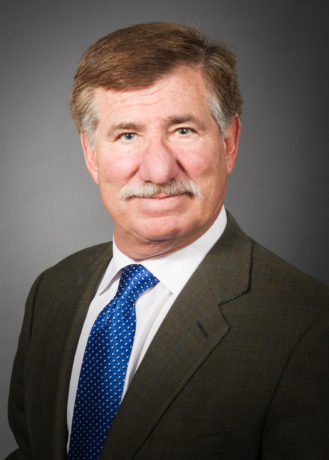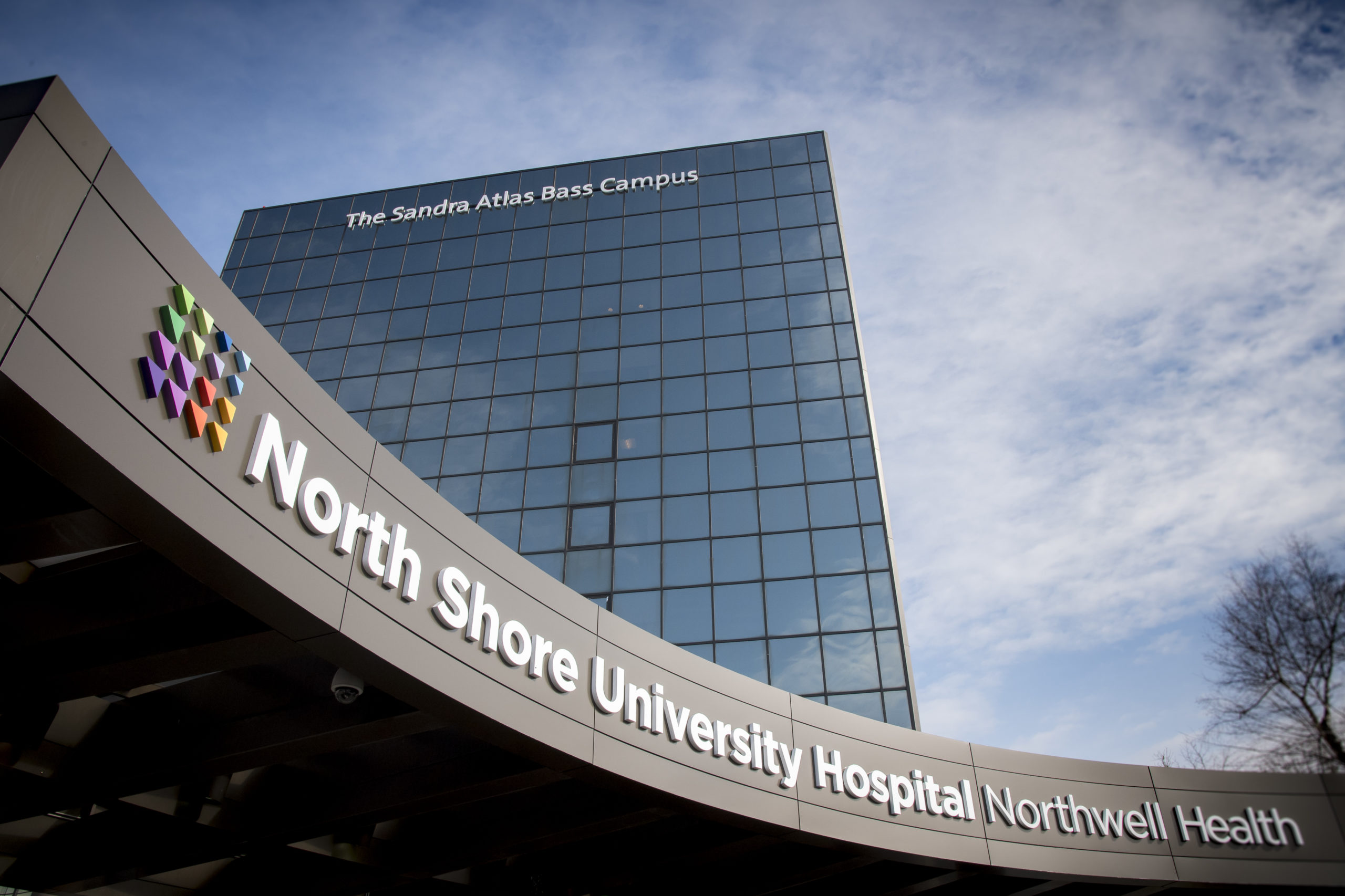North Shore University Hospital in Manhasset has earned contingent approval from the state Department of Health to establish Long Island’s first adult liver transplant program.

The program, which is expected to be operational by December, will be led by Dr. Lewis Teperman. It will require a new intensive care unit dedicated to transplant patients at the hospital’s Sandra Atlas Bass Center for Liver Diseases, which treated more than 4,300 patients in 2017.
Dr. Henry Bodenheimer, the program’s medical director, will lead the medical transplant team.
Teperman, who has worked in transplantation for more than 25 years, said when he was working in New York City, about 40 percent of his patients were from Long Island and Queens.
“They would continually complain of how difficult it was,” Teperman said. “Having almost half of your business from one place, it became obvious that this group of patients was disadvantaged.”
Since applying for the program in March 2017, the hospital has referred 35 patients for liver transplant evaluations and is expected to perform at least 20 liver transplants within its first two years.
There are currently seven other hospitals in New York State performing liver transplants: Manhattan’s New York Presbyterian Hospital/Weil Cornell Medical Center, Mount Sinai Medical Center and New York University Medical Center, Montefiore Medical Center in the Bronx, SUNY Downstate Medical Center in Brooklyn, Westchester Medical Center and Strong Memorial Hospital in Rochester.
Teperman said transplant candidates fall into two categories: acute failure and chronic failure.
A chronic failure patient is usually dealing with a disease that is causing liver failure and is given a Model for End-Stage Liver Disease score, more commonly known as MELD, ranging from six to 40.
“Somewhere about 14 or greater, transplantation is better for you than not having transplantation,” Teperman said. “We don’t transplant in the state of New York until you often see 35 and 36 scores, so during that period of time a team deems them good candidates for transplantation, they have to wait and be taken care of by a transplant team until their score gets that high. That can take years, coming back and forth to the hospital all the time.”
Acute failure patients, however, do not have time to wait. Given a score of “status one,” patients require a liver transplant within 14 days to survive.
Teperman said a “critical organ shortage” is the cause of some of the transplant list wait time but said that immediate relatives such as siblings can be live donors, giving half of their liver.
“The liver grows back in both individuals — you take two halves, and at the end of nine months, everyone has essentially two whole livers,” Teperman said, who has worked much of his career in the living donation area.
While the common practice is to put organs on ice between harvesting and transplantation, Teperman said the center will be working with a warm-preservation system that will keep the liver closer to the 98.6 average human body temperature.
Dr. Lawrence Smith, Northwell Health physician-in-chief, said North Shore University Hospital has been performing adult kidney transplants since 2007, increasing its volume to 65 transplants last year. The hospital is also expected to perform its first adult heart transplant soon at the Sandra Atlas Bass Heart Hospital.



